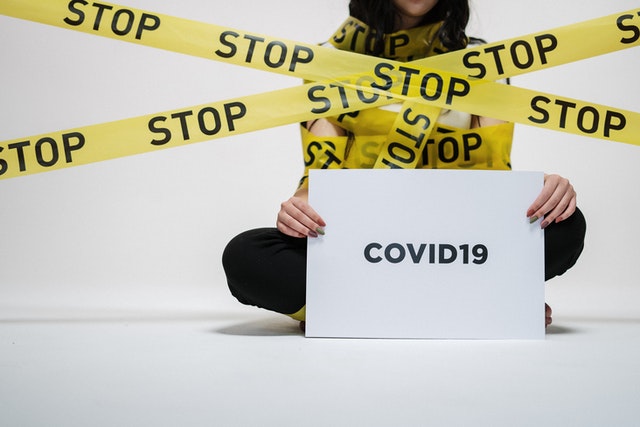What Antigen Test is Right for Me
When you think about Covid antigen tests, you might wonder which one is right for you. Let’s take a look at ELISA tests, RT-PCR and a nasal swab to find out. Which one will be most accurate for you? And how do you know if it’s working? Read on to find out!

ELISA
The COVID-19 pandemic is a global concern, and an ELISA covid antigen test can be used to identify patients with high levels of antibodies to COVID. The test is non-invasive, so health care workers do not need to be exposed to a potentially infectious environment. This technology could help countries determine whether or not a town or area should be reopened. An ELISA covid antigen test could provide important information for policy makers and emergency responders in the coming months.
ELISA tests are more sensitive than other methods. A test that measures the ratio of IgG to IgG antibodies is more sensitive than a test that only detects a single antigen. The accuracy of an ELISA test depends on the sensitivity and specificity of each antigen. For the first time, a single IgG antigen is not enough to distinguish between borderline and positive samples. The second step of the ELISA covid antigen test involves collecting sample samples.
The SARS-CoV-2 NP ELISA tests plasma and serum. Blood samples from 160 inpatients infected with COVID-19 were evaluated. There was a positive correlation between the results of the NP ELISA test and the PCR confirmation of SARS-CoV-2 infection. The time gap between the PCR confirmatory test and blood sample varied between positive and negative results. This finding suggests that the NP ELISA has a high specificity.
RT-PCR
COVID-19 RT-PCR tests detect the genetic material of the virus. A health care professional collects a sample of the patient’s nasal/throat fluid using a swab. Samples are collected from various locations, including the anterior nares, mid-turbinate, and oropharyngeal areas. Saliva samples are also collected using a tube.
Positive results are considered accurate when instructions are followed precisely. However, there is a small possibility of false-negative results. Moreover, positive results may be due to infection, but if the patient does not have any symptoms, he or she should not be isolated. The health care provider may recommend RT-PCR testing for confirmation of the negative result. But if the patient has been infected and has received a negative test result, repeat testing is not recommended.
Rapid antigen tests have several advantages over molecular assays. They are relatively inexpensive (compared with RT-PCR), easy to perform, and offer a 15-minute turnaround time. They are compatible with anterior nares, which makes serial testing more comfortable. The disadvantages of rapid antigen tests include their low sensitivity, which makes them unsuitable for detecting early-stage infections.
Nasal swab
The COVID antigen nasal swab test detects the virus’ genetic material using a laboratory technique known as reverse transcription-polymerase chain reaction (RT-PCR). A health care professional collects a sample of fluid from the back of the nose. The sample may come from a swab of the anterior nares, the mid-turbinate, or the oropharynx. Alternatively, a tube of saliva can be used.
This test is not recommended for people with chronic sinusitis, rhinitis, or emphysema. The results may be inaccurate, so it’s essential to have a molecular test to determine if the COVID antigen is present in the nose. However, the test may be given on the same day, so the person can have peace of mind.
Another antigen nasal swab test is the rapid COVID-2 rapid immunoassay. It detects the nucleocapsid protein antigen of the SARS-CoV-2 virus from a nasal sample. The test is intended for professional use in laboratories and can also be administered by healthcare workers under the supervision of a trained health care worker. While this test requires a trained healthcare professional, it is a reliable screening tool that can help diagnose the disease at its early stages.
The nasal swab test is less invasive. It allows patients to collect their own sample, and it reduces the risk of virus exposure for healthcare professionals. A sterile swab should be used. The swab must be inserted parallel to the palate and without any pressure. In order to ensure accurate results, the sample should be collected from all of the passageway.

